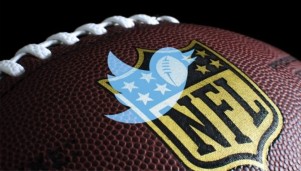 Only very recently has the digital medium caught up with more traditional approaches in its ability to be valued seriously by collectors. Up until now, a digital piece of artwork could easily be downloaded copied and shared inconsiderately, making ownership a bit of a sham. Creators of original digital artwork (myself included) have more often than not resorted to creating a physical signed version of the original file so as to achieve a more genuine salable item.In truth, a digital piece of art can still be copied and shared, however, emerging technology has changed all this radically.
Only very recently has the digital medium caught up with more traditional approaches in its ability to be valued seriously by collectors. Up until now, a digital piece of artwork could easily be downloaded copied and shared inconsiderately, making ownership a bit of a sham. Creators of original digital artwork (myself included) have more often than not resorted to creating a physical signed version of the original file so as to achieve a more genuine salable item.In truth, a digital piece of art can still be copied and shared, however, emerging technology has changed all this radically.
A collector can now buy or inherit legal ownership of the original digital artwork and then choose to resell it as it goes up in value.
This is where the emergence of Blockchain technology, offered by businesses such as Ascribe, provide a truly innovative solution in securing the provence of a digital file.
Ascribe is a significant new online service that utilizes this new technology empowering “creators to truly own, secure and track the history of a digital work”. Being a digital artist, what I find so interesting with this service is that it enables the creator to register artwork using a unique cryptographic ID stored on the blockchain. Ownership of the digital artwork can be passed on through email directly to the buyer or alternatively the rights of transfer can be consigned to a gallery.
Source: HuffPost

 Universal Music Group is locked in a chilly negotiation period with YouTube, as the major’s long-running licensing deal with Google’s platform switches to a rolling deal.
Universal Music Group is locked in a chilly negotiation period with YouTube, as the major’s long-running licensing deal with Google’s platform switches to a rolling deal.






